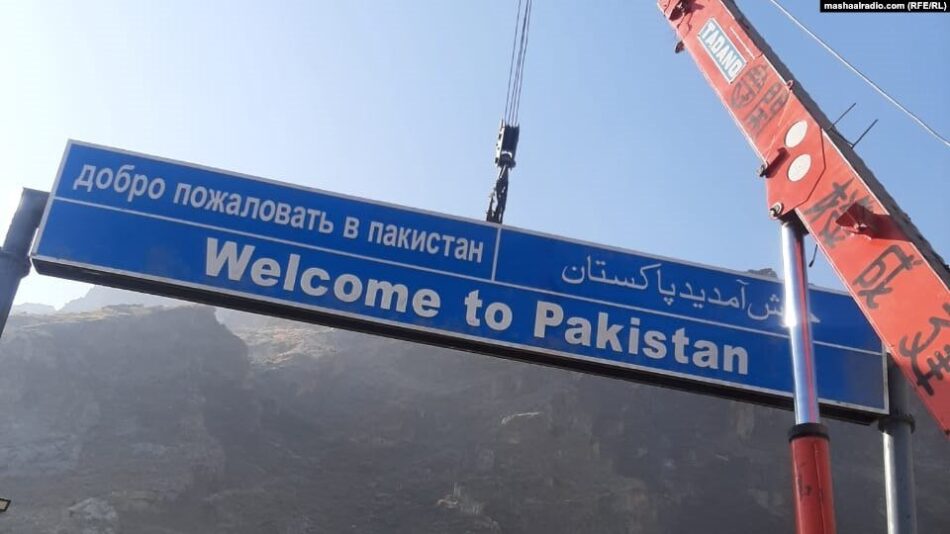Pakistan has resumed its trade routes with Afghanistan, marking the reopening of the Torkham, Ghulam Khan, and Angur Addah border crossings on January 23.
Abdul Jabbar Hikmat, the commissioner appointed by Afghanistan’s ruling Taliban government in Torkham, told some media outlets that the Pakistani side reopened the Torkham gate on Tuesday morning following a 10-day closure. He attributed the closure to the Pakistani authorities. He announced that the gate is now reopened for transit and medical patients, restoring the operations to their previous state.
Hikmat further elaborated that the trade and cargo routes between Afghanistan and Pakistan have been reactivated following negotiations with Pakistani representatives. Prior statements from the Torkham Commission indicated that the closure was instigated by Pakistani border officials who demanded Afghan truck drivers possess passports and Pakistani visas.
Pakistani authorities have since declared the road reopening but have stipulated a deadline of March 31 for Afghan truck drivers, requiring them to obtain passports and Pakistani visas to operate their cargo vehicles within Pakistan. However, Hikmat has denied any agreement with the Pakistani side on this condition.
The shutdown of the Torkham Gate on January 12 significantly affected the daily movement of approximately 800 trucks laden with goods. Thousands of trucks were stranded on both sides of the border, creating extensive queues along the roads.

Haji Abdullah Khan, leader of the North Waziristan fruit and vegetable traders’ union, expressed his relief to Mashal Radio following the reopening, highlighting the critical importance of uninterrupted trade between Afghanistan and Pakistan. Khan emphasized that such disruptions cause substantial financial losses to traders on both sides.
The closure of the Torkham border had previously frozen daily trade valued at 120 billion rupees. The Torkham route serves as a crucial connector for the countries of Central Asia and South Asia through Afghanistan, playing a vital role in regional commerce.
Despite the significance of the Torkham Gate for both nations, Afghan traders have reported multiple instances of closures by Pakistan, often attributing these actions to political motivations. This has particularly affected Afghan exports to Pakistan, underscoring the complex dynamics between trade and political relations in the region.
Trade and transit agreements exist between Afghanistan and Pakistan, but political tensions frequently disrupt the bilateral trade. These disruptions not only affect traders’ economic interests but also impact residents’ lives along the Durand Line, underscoring the intricate interplay between politics and commerce in this critical border region.





